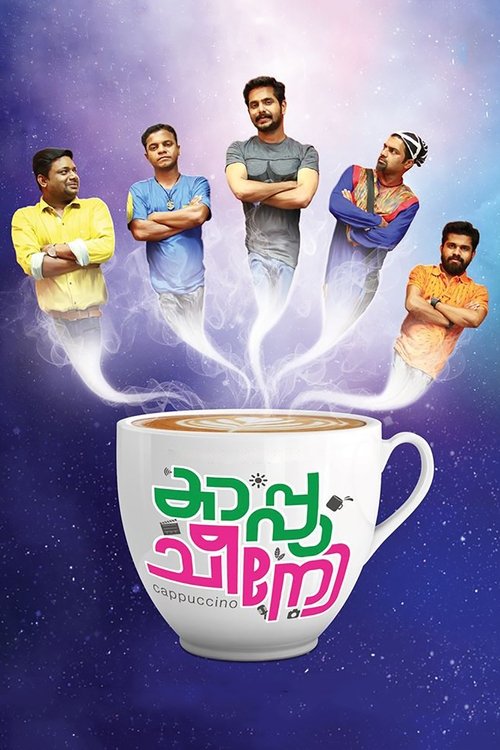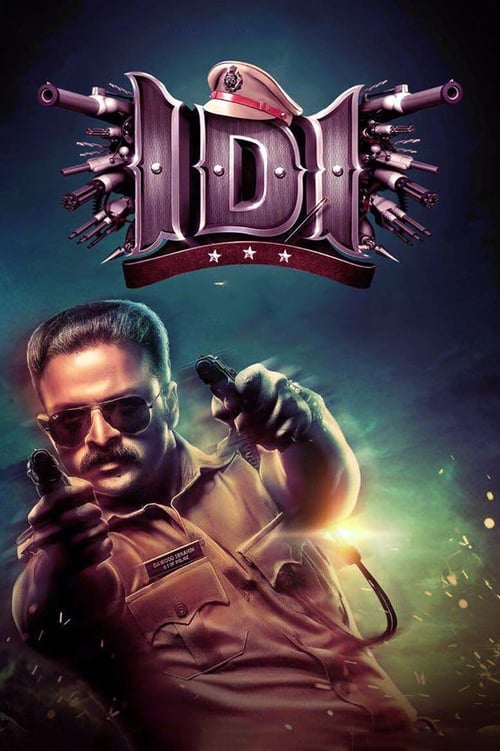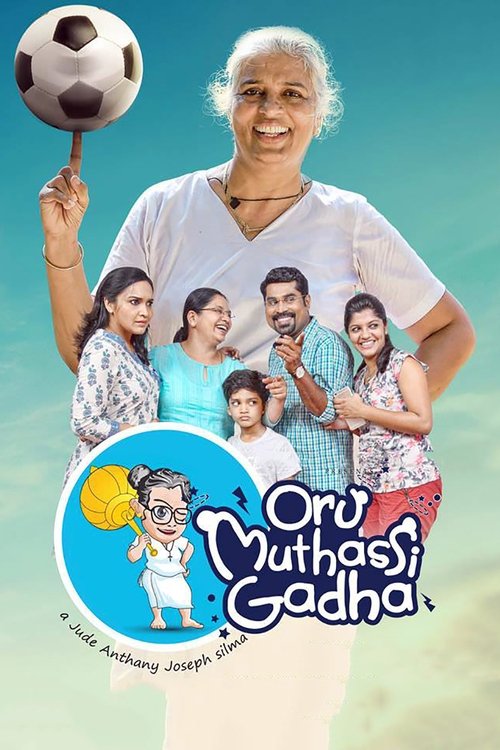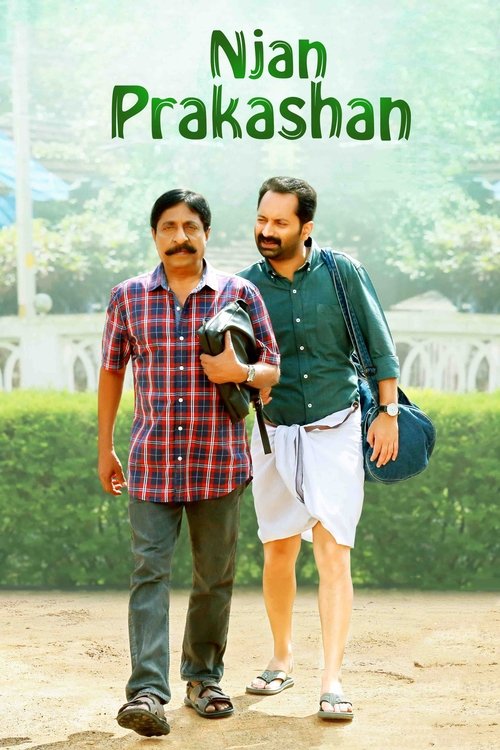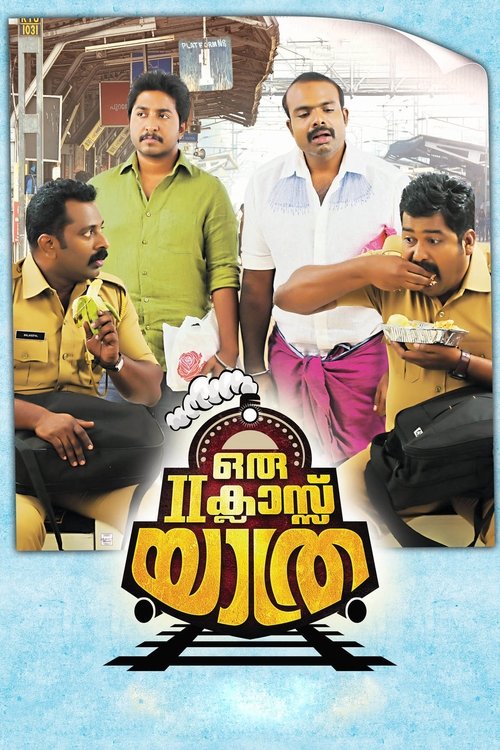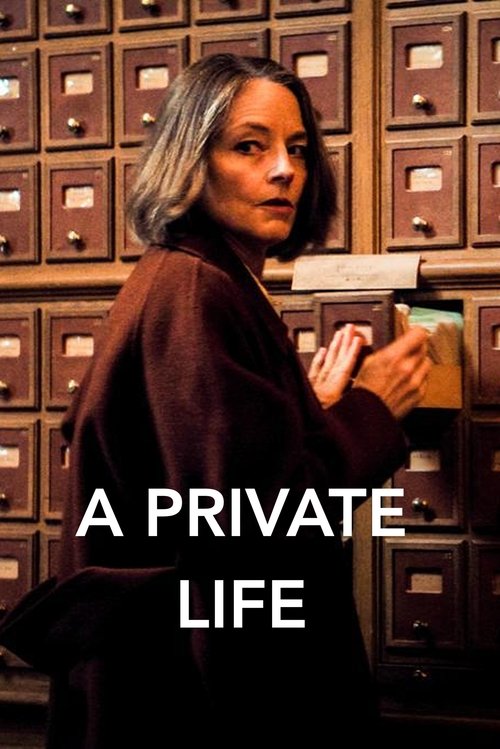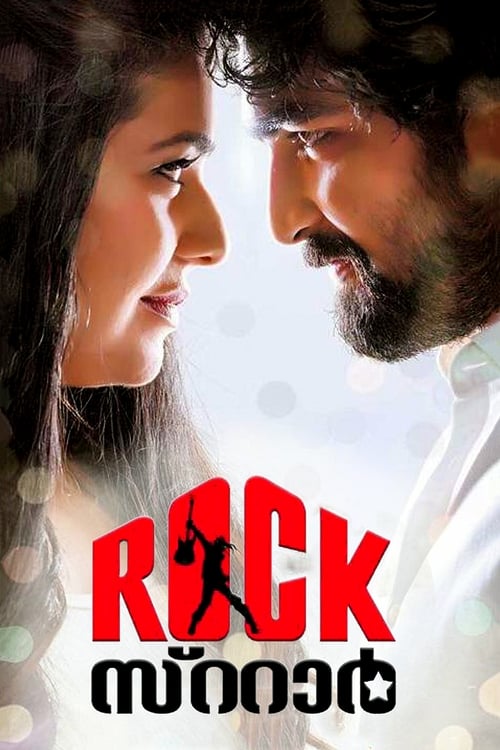
Ask Your Own Question
What is the plot?
Sorry, we aren't able to watch and write up a full detailed plot yet. Check back in a few days.
More Movies Like This
Browse All Movies →What is the ending?
In the ending of "Cappuccino," the main character, a barista named Kiran, faces a pivotal moment in her life as she confronts her feelings for her best friend, a musician named Raghav. After a series of misunderstandings and emotional turmoil, Kiran finally confesses her love to Raghav. The film concludes with a sense of hope as they share a heartfelt moment, suggesting a new beginning for their relationship.
As the final act unfolds, the scene opens in the cozy, dimly lit café where Kiran works. The atmosphere is filled with the rich aroma of coffee and the soft hum of conversations. Kiran, visibly anxious, prepares for an important evening. She glances at the clock, her heart racing as she anticipates Raghav's arrival. The camera captures her nervous fidgeting, the way she wipes her hands on her apron, and the fleeting moments of doubt that cross her face.
When Raghav enters, the café seems to brighten. He carries his guitar, a symbol of his passion and the music that has always connected them. Kiran's heart swells with a mix of excitement and fear. They exchange pleasantries, but the tension is palpable. The scene shifts to a quiet corner of the café, where they sit across from each other, the world around them fading into a blur.
Kiran takes a deep breath, her voice trembling as she begins to speak. She reveals her feelings for Raghav, her words pouring out like the coffee they serve. The camera focuses on her expressive eyes, filled with vulnerability and hope. Raghav listens intently, his expression shifting from surprise to contemplation. The silence that follows is heavy, filled with unspoken words and emotions.
As Kiran waits for Raghav's response, the scene cuts to flashbacks of their friendship--moments of laughter, shared dreams, and the subtle hints of their deeper connection. These memories play like a montage, underscoring the weight of Kiran's confession. The audience can feel her fear of rejection, the stakes of this moment rising with each passing second.
Finally, Raghav breaks the silence. He admits that he has always cared for Kiran but was unsure of how to express it. His words are laced with sincerity, and the relief washes over Kiran's face. The tension dissipates, replaced by a warmth that envelops them both. They share a tentative smile, a silent agreement that they are ready to explore this new chapter together.
The scene transitions to the café's exterior, where the sun sets in a blaze of orange and pink, symbolizing the dawn of their relationship. Kiran and Raghav step outside, hand in hand, their silhouettes framed against the vibrant sky. The camera lingers on their intertwined fingers, a visual representation of their newfound bond.
As the credits roll, the audience is left with a sense of closure for Kiran and Raghav. Kiran has taken a brave step towards love, and Raghav has embraced his feelings, suggesting that their journey together is just beginning. The film ends on a hopeful note, emphasizing themes of love, friendship, and the courage to be vulnerable.
Is there a post-credit scene?
In the movie "Cappuccino," produced in 2017, there is no post-credit scene. The film concludes its narrative without any additional scenes or content after the credits roll. The story wraps up with a sense of closure, focusing on the emotional journeys of the characters and their resolutions, leaving no further plot developments or surprises for the audience to discover in a post-credit sequence.
What motivates the main character, a barista, to pursue her dreams despite the challenges she faces?
The main character, a passionate barista named Mia, is driven by her desire to create a unique coffee experience that reflects her artistic vision. She faces numerous challenges, including financial struggles and the pressure of competition, but her love for coffee and the joy it brings to others fuels her determination to succeed.
How does Mia's relationship with her mentor influence her journey in the film?
Mia's relationship with her mentor, an experienced barista named Leo, plays a crucial role in her development. Leo provides guidance and support, encouraging Mia to embrace her creativity and take risks. Their bond deepens as they share personal stories, and Leo's belief in Mia helps her gain confidence in her abilities.
What role does the coffee shop setting play in the development of the characters?
The coffee shop serves as a vibrant backdrop for character interactions and growth. It becomes a sanctuary for Mia, where she experiments with flavors and techniques. The shop also acts as a meeting point for various characters, allowing for the exploration of relationships, dreams, and the challenges of the coffee industry.
How does Mia's rivalry with another barista impact her character arc?
Mia's rivalry with a competitive barista named Jake pushes her to refine her skills and innovate her coffee-making techniques. Initially, this rivalry fuels her insecurities, but as the story progresses, it transforms into a source of motivation, leading Mia to discover her unique style and ultimately fostering mutual respect between them.
What personal struggles does Mia face that affect her professional life?
Mia grapples with self-doubt and the fear of failure, stemming from her past experiences and family expectations. These internal conflicts manifest in her professional life, causing her to hesitate in showcasing her talents. As she confronts these struggles, she learns to embrace her identity and pursue her passion with renewed vigor.
Is this family friendly?
"Cappuccino," produced in 2017, is a romantic drama that explores themes of love, loss, and personal growth. While the film primarily focuses on relationships and emotional journeys, there are a few aspects that may be considered objectionable or upsetting for children or sensitive viewers.
-
Romantic Relationships: The film delves into complex romantic relationships, which may include scenes of emotional turmoil, heartbreak, and conflict that could be difficult for younger audiences to understand.
-
Mature Themes: There are discussions and depictions of adult themes such as infidelity, personal struggles, and the challenges of maintaining relationships, which may not be suitable for children.
-
Emotional Distress: Characters experience significant emotional pain and distress, including scenes of sadness and conflict that could be upsetting for sensitive viewers.
-
Mild Language: The film may contain some instances of mild language that could be inappropriate for younger audiences.
Overall, while "Cappuccino" is not overtly graphic or violent, its exploration of adult themes and emotional complexities may make it more suitable for older teens and adults rather than young children.

